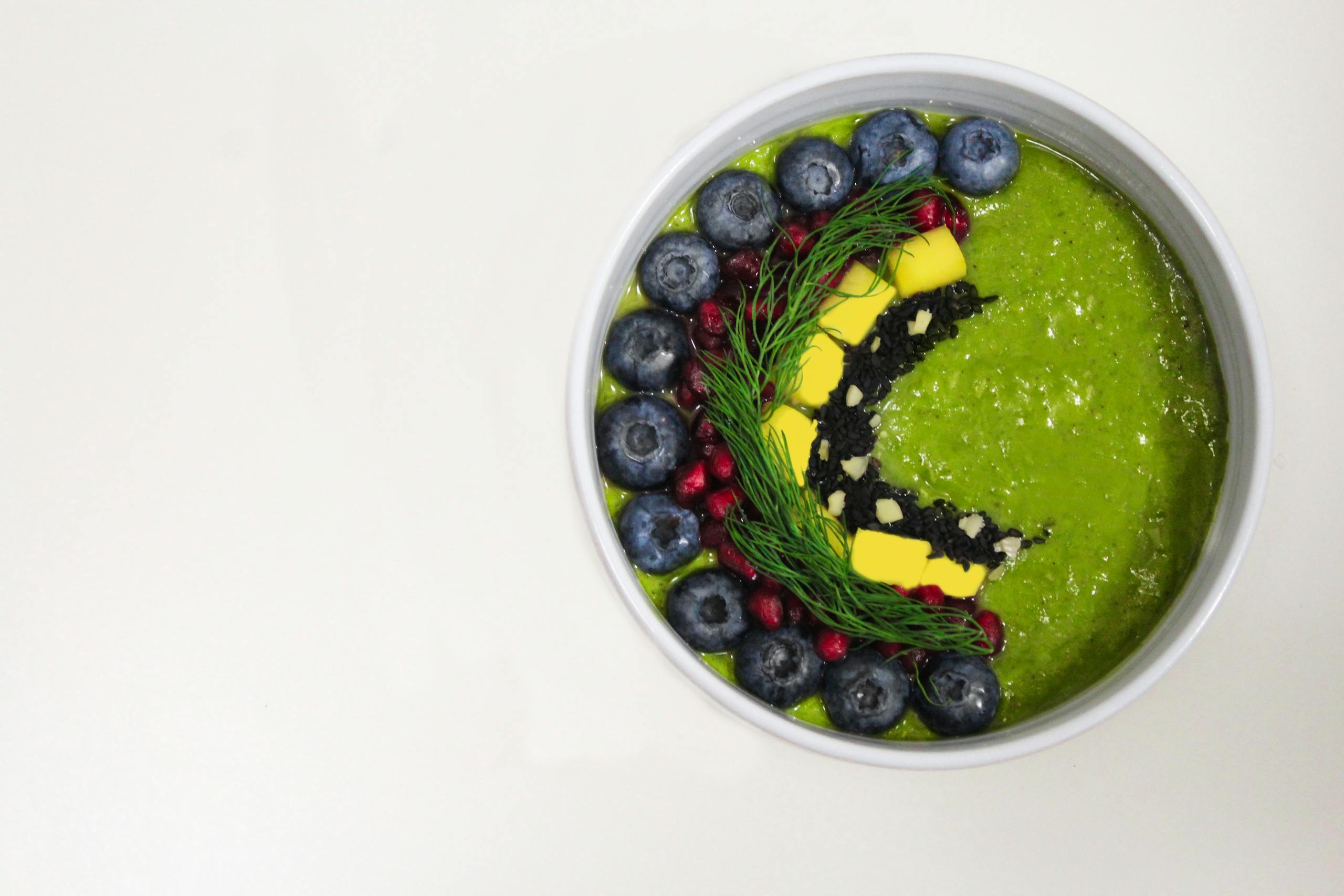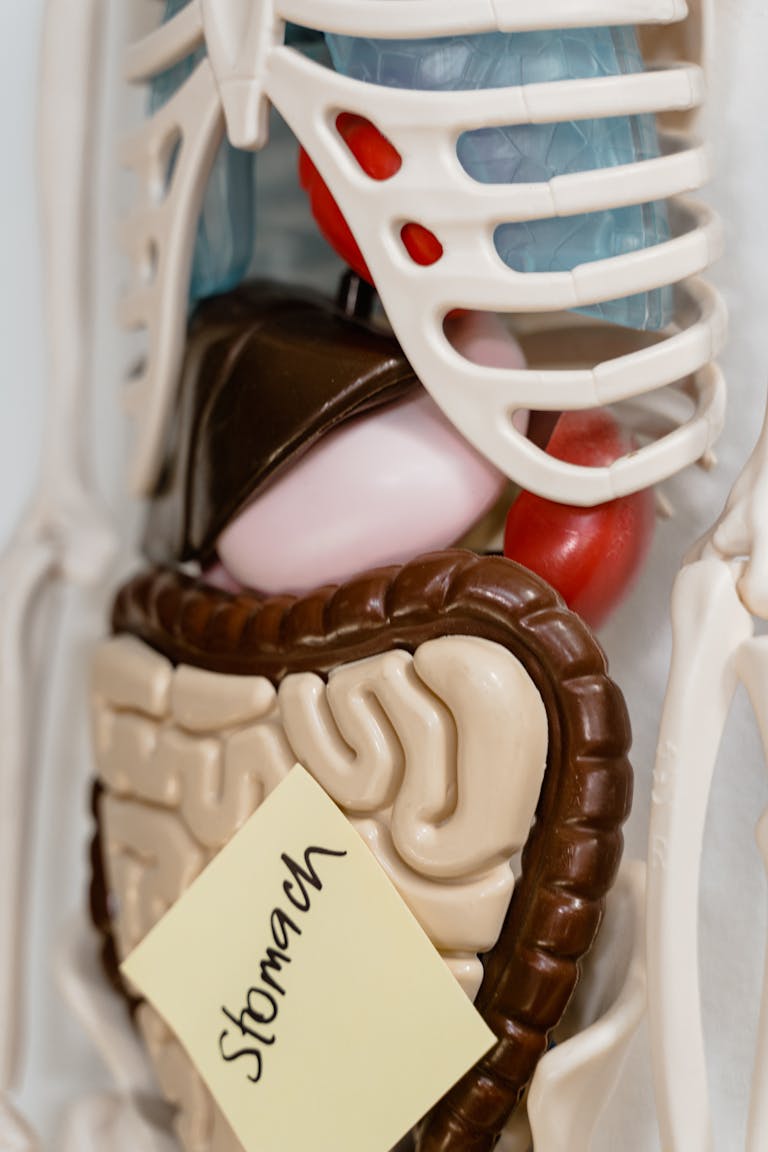Understanding the MIND Diet: A Comprehensive Guide to Mental Health Nutrition
Introduction
The connection between diet and mental health has drawn more attention in recent years. The MIND diet is unique among dietary strategies for enhancing mental and emotional health because of its benefits, which have been shown by science. The MIND diet, a combination of the Mediterranean and DASH diets, was created by researchers at Rush University in Chicago and has been associated with better cognitive performance and a lower risk of Alzheimer’s disease (Morris et al., 2015). However, what is the overall impact of this diet on mental health? This article explores the MIND diet’s principles, its role in mental well-being, and actionable steps to integrate it into your life.

What Is the MIND Diet?
The Mediterranean-DASH Intervention for Neurodegenerative Delay, or MIND diet, is a dietary plan intended to promote brain function. It combines elements of the DASH diet, which is well-known for reducing hypertension, with the Mediterranean diet, which is high in plant-based foods and healthy fats. The MIND diet emphasizes 10 brain-healthy foods while minimizing 5 food categories believed to have adverse effects.
The 10 Brain-Healthy Food Groups
- Leafy green vegetables
- Other vegetables
- Berries
- Nuts
- Olive oil
- Whole grains
- Fish
- Beans
- Poultry
- Wine (in moderation)
5 Foods to Limit
- Red meats
- Butter and margarine
- Cheese
- Pastries and sweets
- Fried or fast foods
By adhering to this balanced approach, the MIND diet not only reduces oxidative stress and inflammation but also fosters cognitive and emotional resilience (Berk et al., 2014).
The Link Between the MIND Diet and Mental Health
Although the MIND diet’s main focus is brain health, a new study shows that it can also improve mental health in general. Emotional health, stress response, and mood are all significantly influenced by nutrition. Lower rates of anxiety and depression have been associated with diets high in fiber, omega-3 fatty acids, and antioxidants (Parletta et al., 2017).
Reducing Depression and Anxiety
Consuming fruits, vegetables, and foods high in omega-3 fatty acids—essential elements of the MIND diet—has been demonstrated in studies to have a good impact on mental health. Emotional stability depends on these nutrients’ ability to control cortisol levels, lower inflammation, and promote serotonin production (Opie et al., 2015).
Preventing Cognitive Decline
Mental health problems including depression and anxiety are frequently linked to cognitive impairment. The MIND diet, which emphasizes neuroprotective foods, lowers the risk of mental health problems associated with aging and neurological disorders by preserving cognitive clarity.
How to Get Started with the MIND Diet
Understanding the MIND diet is one thing; integrating it into daily life is another. Here are practical steps to help you incorporate its principles effortlessly:
1. Start Small
Begin with simple substitutions. Replace butter with olive oil, swap sugary snacks for nuts, or add an extra serving of vegetables to your meals.
2. Plan Balanced Meals
Ensure your meals are built around whole grains, lean proteins, and vibrant vegetables. For example, a dinner of grilled salmon, quinoa, and steamed spinach aligns perfectly with MIND diet guidelines.
3. Prioritise Consistency Over Perfection
You don’t need to overhaul your diet overnight. Research suggests that even moderate adherence to the MIND diet can yield significant benefits (Morris et al., 2015). Focus on consistent improvements rather than aiming for perfection.
4. Experiment with Recipes
Explore recipes that incorporate multiple MIND diet foods. A berry and walnut salad dressed with olive oil is both simple and nutrient-dense.
Understanding the Topic
Why does diet play such an important role in mental health? Our diets influence gut flora, control inflammation, and supply the building blocks for neurotransmitters—all of which are critical for mental health (Clarke et al., 2019). Nutrition is still one of the most practical strategies to improve mental health, even though lifestyle and genetic factors also play a role. The MIND diet is a method for enhancing mental resilience through mindful food selections; it is not just about eating well.
The Scientific Backing of the MIND Diet
The advantages of the MIND diet are becoming more widely acknowledged by the scientific community. According to an important research study by Morris et al. (2015), people who followed the MIND diet religiously had a 53% decreased risk of Alzheimer’s disease, while moderate adherence resulted in a 35% risk reduction. Furthermore, another study found a correlation between better mood and cognitive performance with diets high in fruits, vegetables, and omega-3 fatty acids (Parletta et al., 2017). These results make a strong case for following the MIND diet by highlighting the close relationship between eating habits and mental health.
Challenges and Tips
Despite its benefits, transitioning to the MIND diet can pose challenges, such as difficulty breaking old habits or adapting to new foods. Here are some tips to overcome these hurdles:
- Set Realistic Goals: Start by incorporating one new brain-healthy food each week.
- Educate Yourself: Understand the nutritional benefits of each recommended food group to stay motivated.
- Seek Support: Share your journey with friends or join a community for accountability.
Conclusion
The MIND diet is a blueprint for mental resilience and well-being, and it provides more than simply physical health benefits. It offers a useful, research-based framework for nourishing the body and mind by fusing the finest elements of the DASH and Mediterranean diets.
Dietary methods such as the MIND diet offer a proactive and accessible way to promote emotional and cognitive well-being in light of the rising prevalence of mental health issues worldwide. The MIND diet provides an evidence-based approach to improving mood, preventing cognitive decline, or just maintaining a healthier lifestyle. One meal at a time, you may strengthen your mental health journey by making a conscious effort to match your food choices with the MIND diet’s principles.
References
Berk, M., Williams, L. J., Jacka, F. N., O’Neil, A., Pasco, J. A., Moylan, S., … & Maes, M. (2014). So depression is an inflammatory disease, but where does the inflammation come from? BMC Medicine, 11(1), 200. https://doi.org/10.1186/1741-7015-11-200
Clarke, G., Cryan, J. F., Dinan, T. G., & Quigley, E. M. M. (2019). Review article: Probiotics for the treatment of irritable bowel syndrome–focus on lactic acid bacteria. Alimentary Pharmacology & Therapeutics, 47(7), 612-623. https://doi.org/10.1111/apt.14540
Morris, M. C., Tangney, C. C., Wang, Y., Sacks, F. M., Barnes, L. L., Bennett, D. A., & Aggarwal, N. T. (2015). MIND diet slows cognitive decline with aging. Alzheimer’s & Dementia, 11(9), 1015-1022. https://doi.org/10.1016/j.jalz.2015.04.011
Opie, R. S., O’Neil, A., Itsiopoulos, C., & Jacka, F. N. (2015). The impact of whole-of-diet interventions on depression and anxiety: A systematic review of randomised controlled trials. Public Health Nutrition, 18(11), 2079-2091. https://doi.org/10.1017/S1368980014002618
Parletta, N., Milte, C. M., & Meyer, B. J. (2017). Nutritional modulation of cognitive function and mental health. The Journal of Nutritional Biochemistry, 24(5), 725-735. https://doi.org/10.1016/j.jnutbio.2012.12.007







